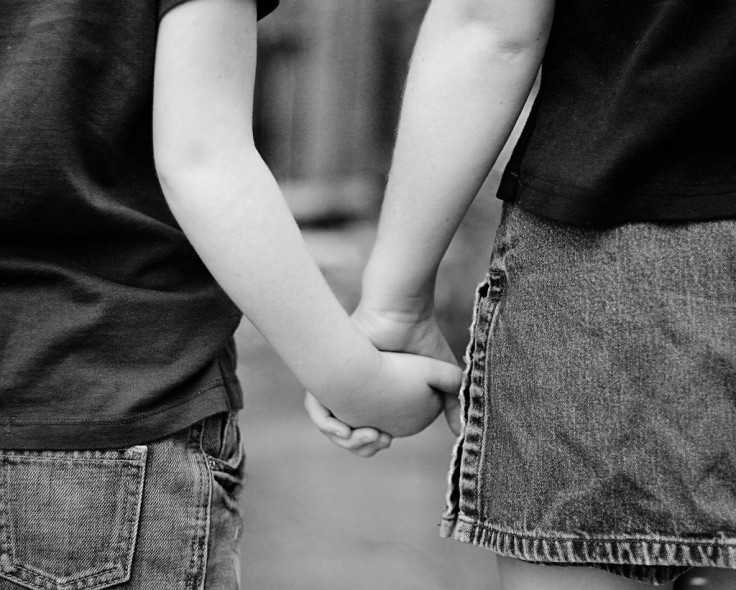Opposites Attract? We May Actually Be Hard-Wired To Look For Similarity When Choosing Friends, Partners

People often say that opposites attract, but a recent study suggests it may be the other way around — like-minded couples are the ones who really survive long-term.
Researchers at Wellesley College in Massachusetts and the University of Kansas conducted the study by scouring their campuses’ public spaces (from libraries to food courts), in search of people pairs. Pairs were defined as any group of two people who appeared to be interacting, regardless of whether they were romantically involved or whether they were two men or two women.
A total of 1,523 couples were recruited, and each were asked to fill out a brief survey about their personality traits, attitudes, values, recreational activities, and alcohol and drug use. Using this information, the researchers then calculated how much of a role similarity played in certain aspects of the couples’ relationships, such as closeness, intimacy, and relationship length, and found similarities were prevalent in 86 percent of these variables.
Next, the researchers held a similar follow-up study involving students who had just met. Because their chances of being similar were random, the researchers wanted to determine whether similarity had any effect on becoming friends. When they caught up with these students later on, they found that 23 percent of them had remained in touch, and that there were several similarities between these people.
Based on these results, the researchers concluded that friends, regardless of the type of friendship they have or how long they’ve known each other, are intrinsically similar to one another. That said, the forces that compel us to create social circles of like-minded people may be far stronger than previously believed.
"We're arguing that selecting similar others as relationship partners is extremely common — so common and so widespread on so many dimensions that it could be described as a psychological default," study author Dr. Angela Bahns said in a statement.
Bahns said the reason we’re so drawn to similar people could be because, deep down, we realize most people aren’t capable of changing. Anything that disrupts the harmony of a relationship, like disagreements over core values or preferences, is likely to continue to cause issues down the line.
We might foresee this outcome and choose to select people who are compatible with our needs and goals from the beginning in an effort to avoid doomed relationships, Bahns explained.
Opposites attracting may be the outlying scenario when it comes to people’s personalities and values, but when it comes to our genetics, we do tend to gravitate to those who are different from ourselves. This is because hereditary diseases are more likely to be passed down when both parents are genetically similar. Choosing genetically different mates increases our chances of having healthy kids.
Source: Bahns AJ, Crandall CS, Gillath O, Preacher KJ. Similarity in Relationships as Niche Construction: Choice, Stability, and Influence Within Dyads in a Free Choice Environment. Journal of Personality and Social Psychology. 2016



























